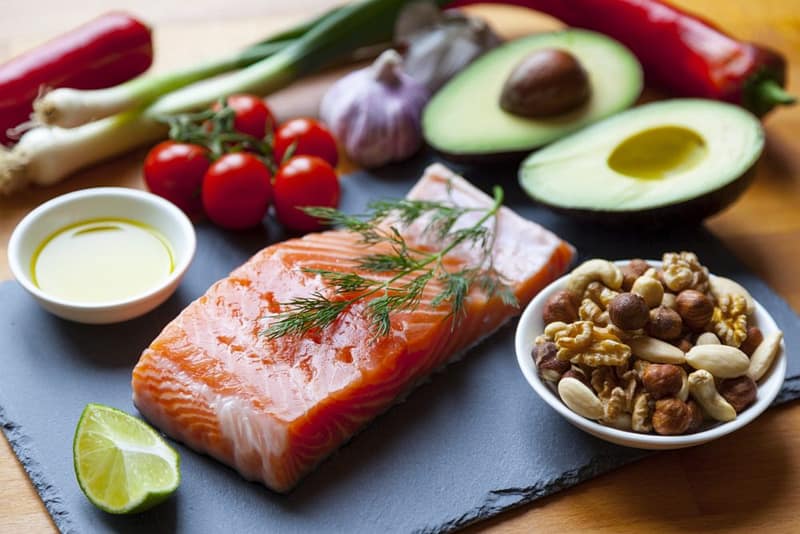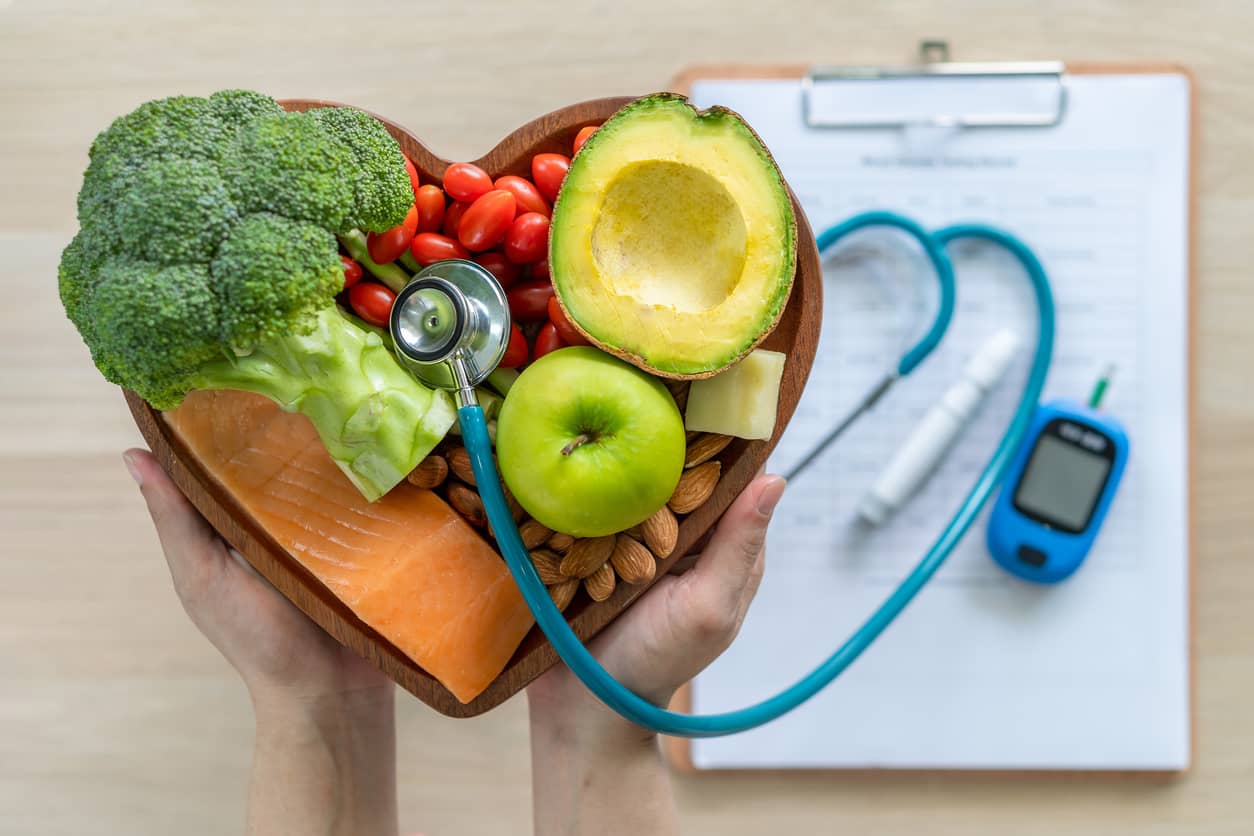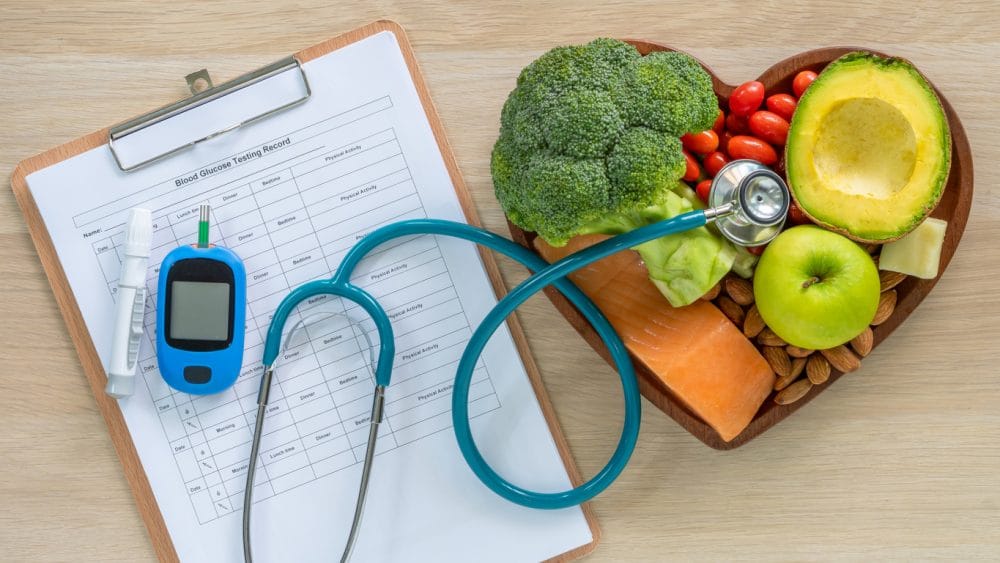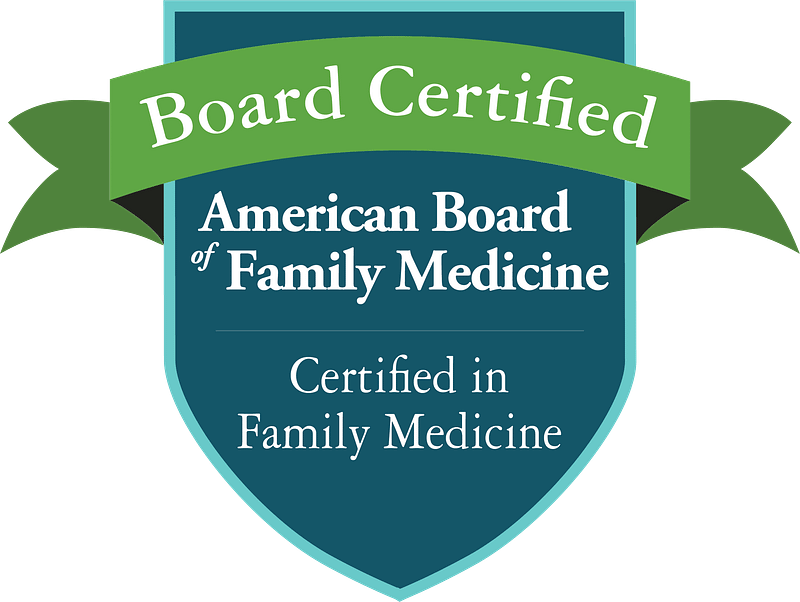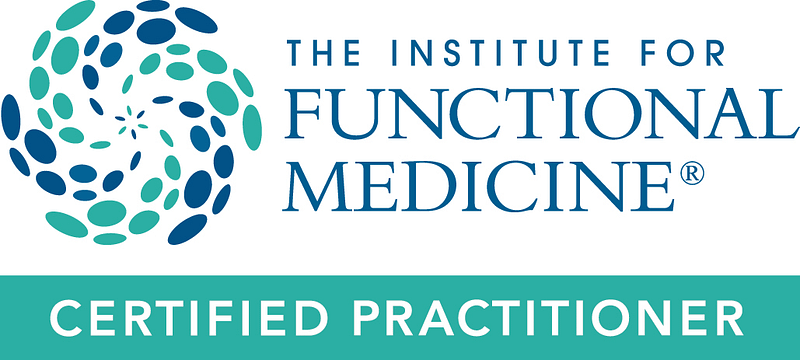Trans fats occur naturally in very small amounts in animal meat such as beef, pork, and lamb, and occur in very large amounts as a result of the conversion of vegetable oils into margarine and shortening. To avoid a complicated biochemical definition, suffice it to say that trans fat molecules are straight in shape and are a danger to human health–the opposite of the naturally curved, healthy “cis” fat molecule. Trans fats are found in margarine and shortening, which are “hidden” in manufactured baked goods such as crackers and cookies. Trans fats are called partially hydrogenated oils on food labels. Like plastic, trans fats decay or turn rancid slowly, so foods that contain trans fats have a long shelf life at the grocery store.
Much confusion exists around which fats are healthy and which are unhealthy. And that confusion is not surprising, as the oil industry has created confusion by shifting the media focus from the danger of trans fats to the alleged danger of saturated fats, including cholesterol.
Fallacy: High dietary fat intake contributes to cancer.
Fact: Diets high in trans fats contribute to cancer.
Dr. Mary Enig, PhD, a highly credentialed nutritionist and researcher with a career-long interest in the impact of fats on human health, challenged the speculation concerning the relationship of dietary fat and cancer causation in 1978. Her report is as valid today as it was then. Enig studied the increase in dietary fat intake and total cancer mortality over a sixty-year period. She found that total fat and vegetable fat intake contributes to cancer, but found that animal fat intake is associated with decreased cancer occurrence. This finding can be difficult to understand after years of being fed a steady diet of media based misinformation that is fueled by the economic interests of the oil industry. Americans eat too much “bad” trans fat and not enough “good” essential fatty acids (EFAs) found in raw nuts and seeds and their oils, and in oilier ocean fish and fish oil (EPA and DHA) supplements.
Fallacy: Fat is bad for you.
Fact: Fat is essential to health.
All hormones are made from fat, the brain is 60 percent fat by weight, fat is an important energy source, and all cells are protected by a membrane that is made of fat and protein. Long-term low fat diets can weaken the protective cell membrane and thereby increase cancer risk.


